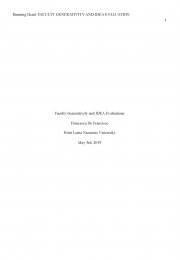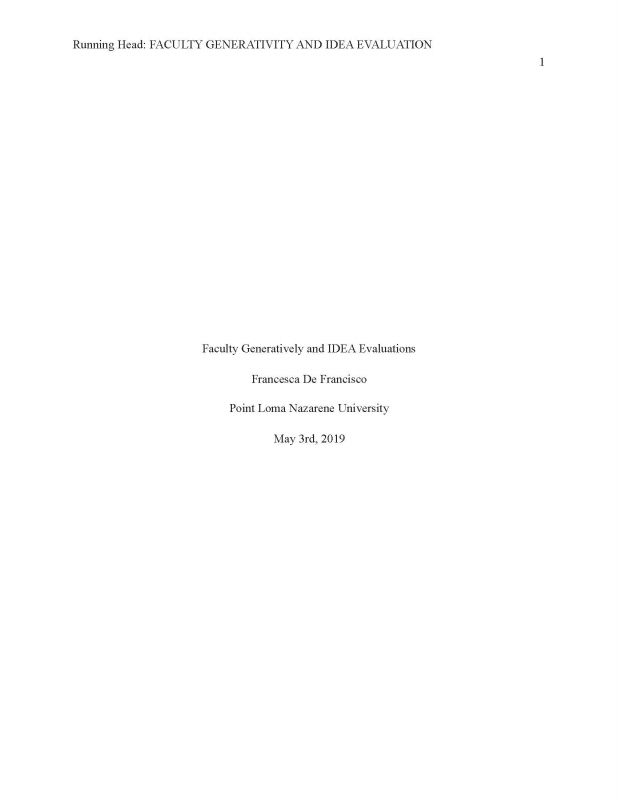- Resource Types
- Resource Languages
- Institutional Repository
 Visit the home page
Visit the home page
About Site Language
WHDL is viewable in multiple languages. Use the pull-down menu to select a language to view the site.
I changed my language, but I’m still seeing resources in the other languages?
If a resource or text has not been translated into your selected language, it will appear in the initially added language. We are always looking for help translating these resources. If you can help, contact us!
WHDL - 00011707


click to copy
Francisco, F (n.d.). Student Evaluations of Faculty Generosity and Course Quality .
Francisco, FrancescaStudent Evaluations of Faculty Generosity and Course Quality . , n.d.
Francisco, FrancescaStudent Evaluations of Faculty Generosity and Course Quality . , n.d.
Francisco, FrancescaStudent Evaluations of Faculty Generosity and Course Quality . , n.d.
Arete: The PLNU Honors Journal
81 Resources
2016
2017
2018
2017
1976
2023
2019
2020
2022
1989
2025